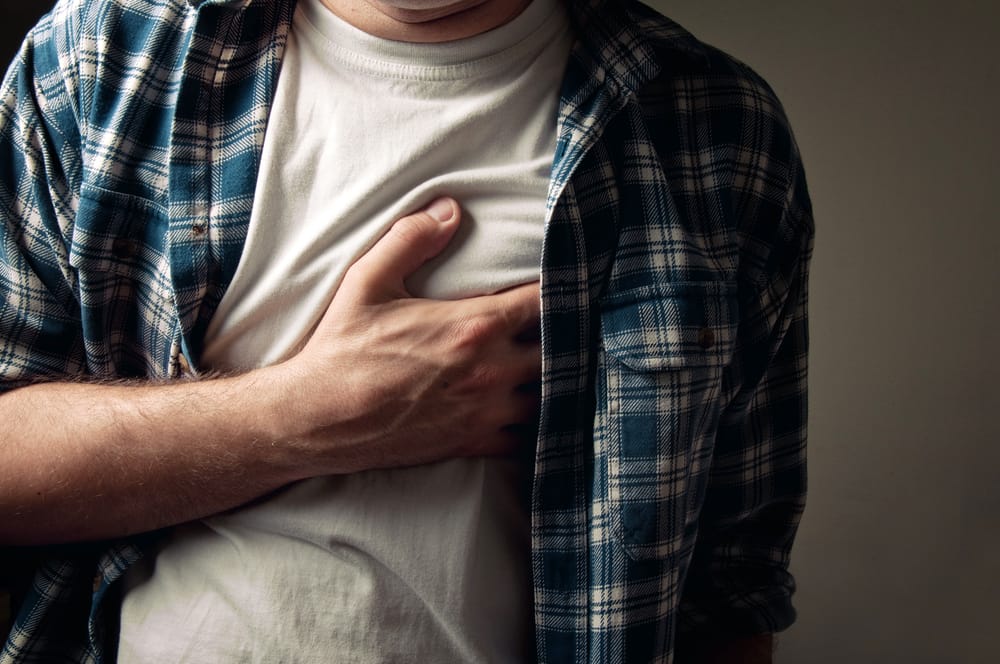Addiction Treatment
What Are the Harmful Side Effects of Vicodin?

Written By:

Table of Contents
Vicodin is a blend of the opiate painkiller, hydrocodone, and the over-the-counter analgesic, acetaminophen. Abuse and overuse of either of these drug products can and will have serious side effects. Your physician and pharmacists will likely give you laundry lists of precautions when you receive a Vicodin prescription, but in many cases, you will not be as concerned with those precautions as you will be with getting something that will ease the post-operative or other pain that first led to the Vicodin prescription. Ignoring those precautions can be a serious mistake.
Effects of Vicodin
The hydrocodone component of Vicodin is both a pain reliever and a cough suppressant. In addition to its painkilling effects, hydrocodone can impair your mental processes and your muscular control. Hydrocodone can also cause serious bowel distress and constipation. Pharmaceutical companies have developed specific drugs to counteract this opiate-induced constipation (“OIC”) side effect. Your physician can give you better information about OIC treatments if you do experience this problem.The most serious Vicodin side effect is a psychological and physical dependence that can develop even after a short period of using this drug. Opiates flood a user’s brain with dopamine transmitters, which leads to the euphoria that opiate users initially experience. With continued opiate doses, a person’s brain chemistry and physiology develop a tolerance to the dopamine effect while creating intense cravings for more frequent and greater quantities of the drug. Vicodin users who slowly increase their dosages and frequencies can develop an opiate addiction, which can drive them to other opiate sources, including heroin, to satisfy their cravings.
Vicodin Withdrawal
If an opiate addict’s cravings are not satisfied, he will suffer physical withdrawal symptoms, including nausea, vomiting, seizures, and extreme mood changes. Both pharmaceutical and behavioral therapy is available to treat opiate addiction, but the better course of action will always be to learn and understand these and other side effects of the opiate component in the Vicodin that you are taking to control your pain.A Vicodin user will likely not develop a physical addiction to the acetaminophen component in Vicodin, but this does not imply that acetaminophen is one hundred percent safe. Accumulated quantities of acetaminophen in a person’s system, which can occur over several months of Vicodin use and abuse, can cause organ damage and failure. Large doses of acetaminophen can also cause blood and circulatory problems, include decreased white blood cells and platelets. These circulatory problems can further expose a Vicodin abuser to infections that his system is unable to naturally fend off.
If your physician gives you a prescription for Vicodin, take as much time as you need to read and understand the warnings that will be included with the drug.
If you have been using Vicodin but ignored the warnings, and you are now concerned with the side effects of Vicodin use, please call the Last Resort Recovery Center near Austin, Texas, at 512-360-3600.
Our staff includes specialists who can assess your Vicodin use and who can recommend treatment options to eliminate harmful side effects that you might be experiencing.
